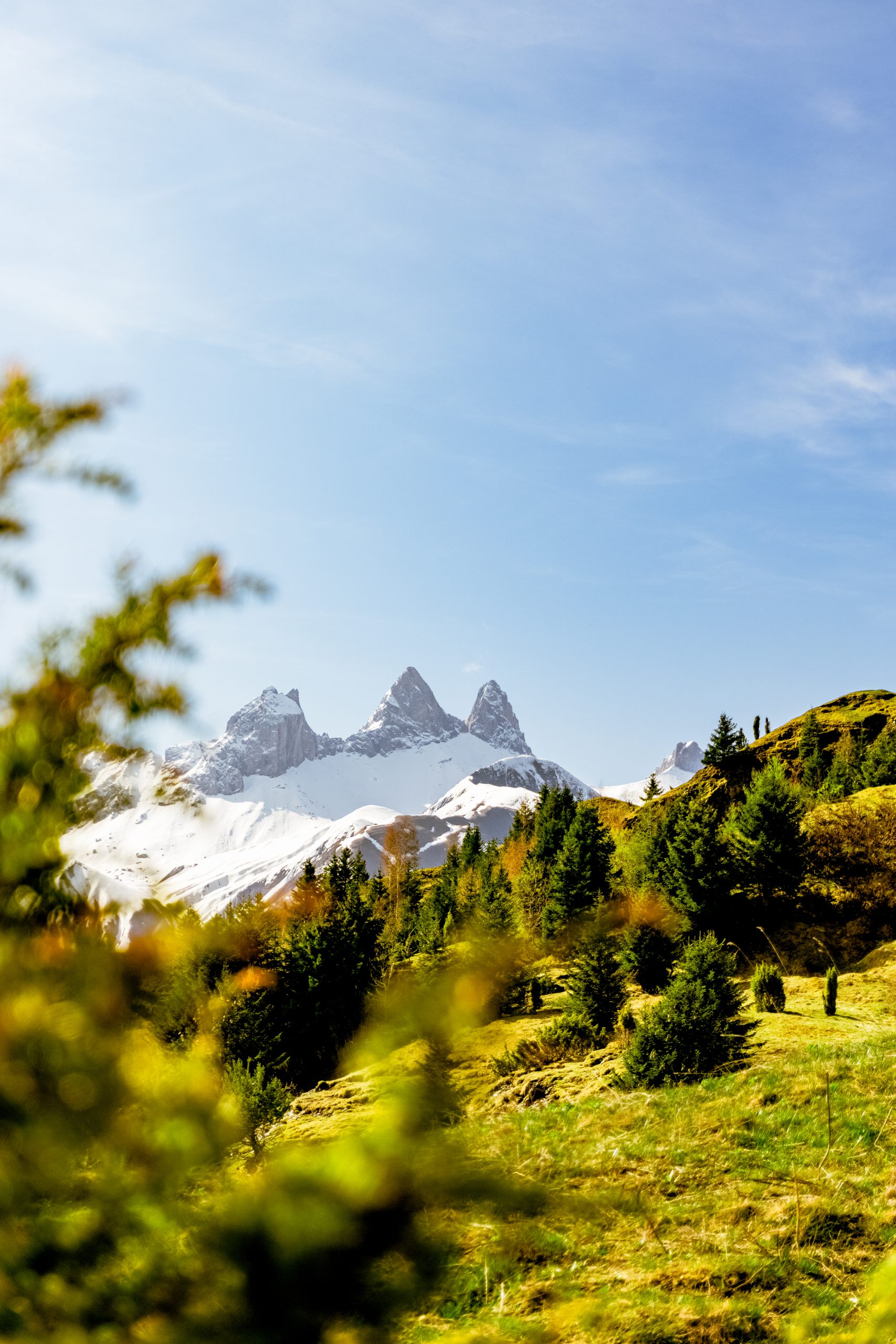6 tips for preparing for a ski outing
Equipment and textiles

Wearing several layers
The mountain climate is harsh, so it’s important to dress warmly. Wear several layers so that you can adjust your clothing as the temperature changes and stay comfortable. Start with a layer of thermal underwear, tights and jumper to wick away moisture, add an insulating layer, fleece or jacket (light down jacket, softshell, etc.) and finish with your ski jacket. This outer layer must be warm, waterproof and breathable.
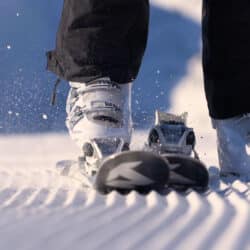
Skis, poles and boots
If you don’t have your own, you’ll need to hire or buy skis, boots and poles. Visit one of our 12 sports shops to choose your equipment. Our professionals are there to help you choose the right equipment for your level of skiing. That’s right! You won’t have the same needs in terms of skis or snowboard depending on whether you’re a 1st star or an expert on the Jean-Noël Augert black run.
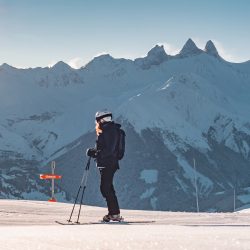
And finally
Add gloves or mittens and good socks to protect your extremities from the cold, goggles or an eye mask and, last but not least, a helmet. A helmet is an essential part of your protection, providing a better barrier against the cold than a hat. For the coldest weather, protect your face with a thin balaclava or a choker (which can be worn in a variety of ways).
Proper preparation
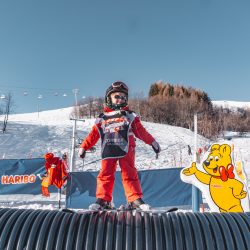
Taking courses
If you’re a beginner, haven’t skied for a while or simply want to perfect your technique, take a lesson with an ESF instructor or our independent instructor. They can teach you the basics, pass on their passion for the sport and help you develop the right habits to stay safe and enjoy your time on the slopes.

Staying well hydrated and eating well
Stay hydrated and full of energy: skiing can be physically demanding, so it’s important to stay hydrated and full of energy. Drink plenty of water and eat nutritious food to keep your energy levels up.
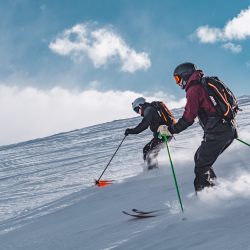
Physical preparation
Before you hit the slopes, take the time to stretch and warm up your muscles and, throughout the year, it’s important to get regular exercise. This can help prevent injury and make your skiing experience more enjoyable.
